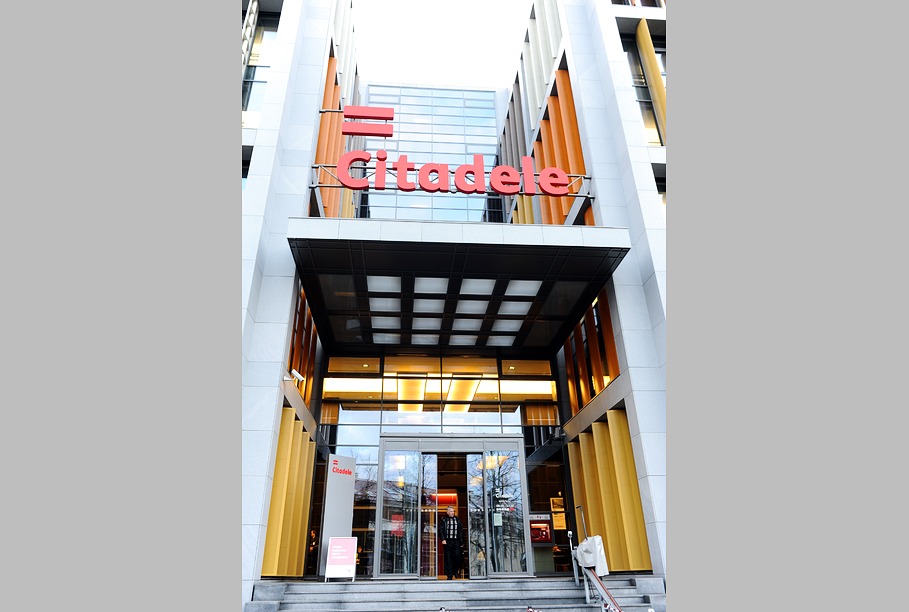"The practice of paying wages unofficially is still widespread. We take this income into account," said Stārosts on a broadcast on Rietumu Radio - according to LETA news agency. He referred to the widespread practice of paying wages in envelopes, perhaps paying the minimum wage with taxes and giving the rest in hard cash.
Dace Pelēkā said that the State Revenue Service does not support the stance taken by the bank, as it creates the impression that evading taxes is acceptable, while it is most definitely not. Furthermore, Stārosts' comments show that banks are informed about the clients' illegal income. That's why the Revenue Service has the more arsenal to push for motions that require banks to show information about taxpayers' bank accounts and their cashflow.
Pelēkā also said that not only banks but leasing companies as well should hand cooperate with the State Revenue Service. "Many people who are buying expensive cars don't earn so much as to meet the leasing payments," said Pelēkā.
These comments could cause particularly bad blood as the Citadele bank was previously owned by the state, which bailed it out under the name of Parex when the crisis hit Latvia's economy.






























